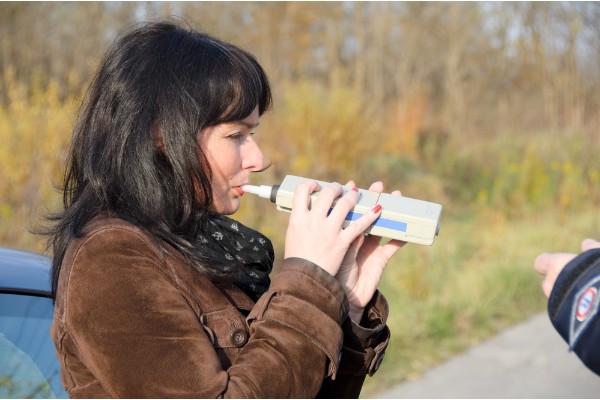Canada’s Strict New Testing Law Indicates Trend of Stronger DUI Enforcement

Canada’s new law eliminating the reasonable suspicion requirement for BAC testing indicates a general trend of stronger DUI enforcement in North America. While one government official argues that the law is for the common good, opponents see it as a law enforcement overstep.
What Does the New Law Do?
The new Canadian law permits police officers to detain suspected drunk drivers and demand BAC tests without needing reasonable suspicion of DUI. They can even come to someone’s house and require him or her to take a BAC test – as long as two hours after he or she drove. As one lawyer phrased it, “If you start to drink after you get home, the police show up at your door, they can arrest you, detain you, take you back to the (police station) and you can be convicted because your blood alcohol concentration was over 80 milligrams (per 100 millilitres of blood) in the two hours after you drove.” Also, it is now the driver’s responsibility to prove that he or she was under the legal limit when driving.
What Do Proponents and Opponents Say?
Canada’s Minister of Justice and Attorney General Jody Wilson-Raybould supports the new law, citing high rates of death and injury from drunk driving across the country. The Minister said that it “is another way that we are modernising the criminal justice system.”
In contrast, many lawyers oppose the law because they say it encroaches on civil liberties. One article noted the potential for abuse of the law: a disgruntled person could call the police to accuse you of drunk driving. When the police arrived at your house, you could be arrested for refusing a test or for testing positive because you drank at home. The police would never have to see you driving – in fact, you may not have driven at all.
While the law will be challenged in court, it could take years for a resolution. In the meantime Canadians could be arrested although they did nothing wrong.
Are There Laws Like This in the United States?
Currently this law is effective only in Canada. In the United States police still need to have reasonable suspicion to arrest you for drunk driving. Usually the reasonable suspicion arises when an officer sees someone driving erratically, but people have been pulled over for something as minor as failing to signal.
To learn more about BAC testing in DUI cases, seek out the DUI attorney who follows key changes in Oklahoma law to find the best defenses for his clients. Clint Patterson, Esq., of Patterson Law Firm, a former Tulsa prosecutor now using his trial experience and expert-level knowledge of DUI science to defend drivers, has the experience and the insight to evaluate the strengths and weaknesses of your case. To schedule a case evaluation, visit Patterson Law Firm online or call Clint’s office at (918) 550-9175.

